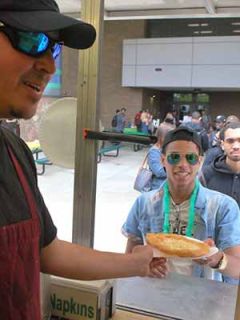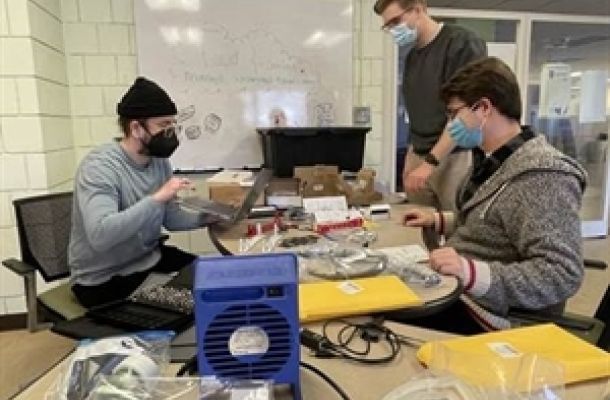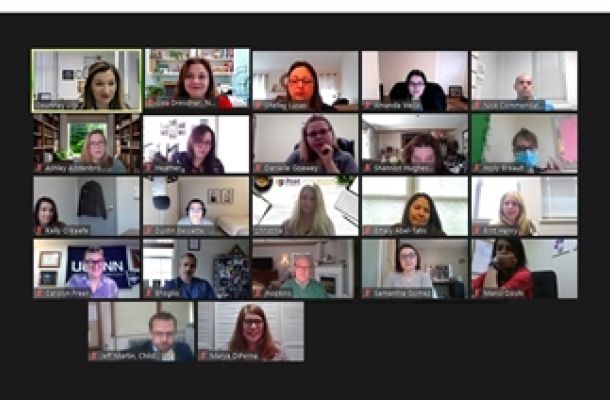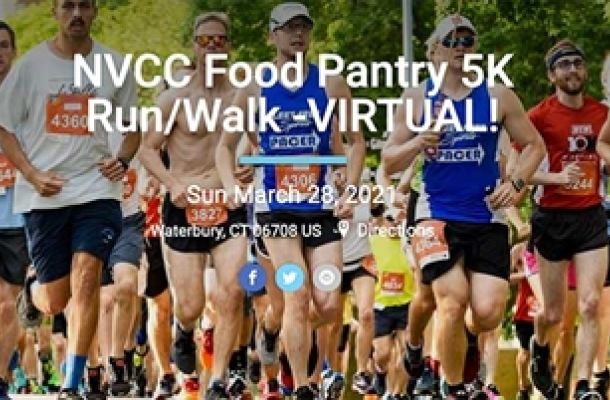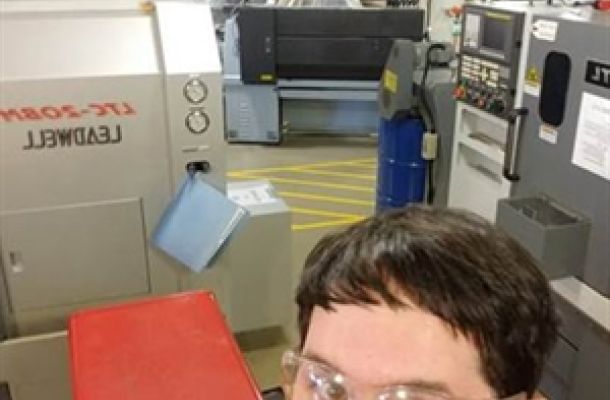Five Goals of Strategic Plan
- Home
- About NVCC
- NVCC Going Strong
- Strategic, Planning, Goals, and Priorities
- Five Goals of Strategic Plan
The following goals serve as the grounding force in all we do. They drive activities on campus, focusing where we think we can leverage significant impact to improve college-wide outcomes.
Goal One:
At NVCC, Students Achieve Their Goals.
Ensuring student success is the heart of what we do. And, it is complicated because it means different things to different students, depending on why he or she comes to NVCC: whether to secure a job, improve employment credentials, or to transfer and continue with education.
Goal Two:
NVCC Faculty and Staff Make a Difference
Cultivating the academic gravitas, administrative effectiveness, student engagement, and community involvement of our faculty and staff makes NVCC a stronger institution.
Goal Three:
NVCC Programs Meet And Beat Academic And Industry Standards.
In higher education, it is not enough to have good programs. Colleges increasingly must demonstrate their competitive advantage to students, faculty and staff, potential employers, and community partners. That means being better at demonstrating value—as higher education providers helping students pursue their career dreams while offering very practical supports that facilitate their transfer and employment.
Goal Four:
NVCC is an engine of change within Waterbury, Danbury, and the broader community.
NVCC’s mission is grounded in its relationship with its service region—the big cities and small towns that surround it. When it leads or collaborates with its communities on issues from access to higher education to workforce development and employment growth, NVCC acts as a powerful force for regional transformation.
Goal Five:
NVCC Is An Effective, Performance-Based Institution.
NVCC embraces the higher education movement to become better at demonstrating effectiveness and performance, especially as it relates to student success.




